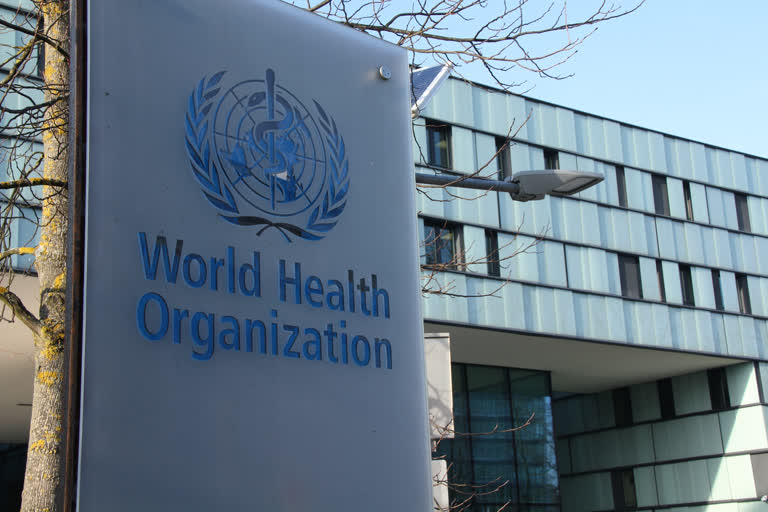Geneva: The World Health Organization (WHO) on Friday warned that the antiviral drug Remdesivir should not be used to treat COVID-19 patients no matter how ill they are as there is no evidence it works.
"Any beneficial effects of Remdesivir, if they do exist, are likely to be small and the possibility of important harm remains," WHO's Guideline Development Group panel added.
The WHO recommendation, published in the British Medical Journal, was based on an evidence review that included data from four international randomised trials among more than 7,000 hospitalised patients.
Read:| EU official: 2 vaccines could be authorized soon
After reviewing the evidence, the panel concluded that Remdesivir has no meaningful effect on death rates or other important outcomes for patients.
"Especially given the costs and resource implications associated with Remdesivir... The panel felt the responsibility should be on demonstrating evidence of efficacy, which is not established by the currently available data," it said.
The antiviral is one of only two medicines currently authorized to treat COVID-19 patients across the world.
It has been approved for use in the US, the European Union and other countries after initial research found it may shorten recovery time in some COVID-19 patients.
Made by the US company Gilead, Remdesivir is extremely expensive and has to be given intravenously.
Gilead said last month that the drug had boosted its third-quarter sales by about $900 million.
The WHO's warning comes as the overall number of global coronavirus cases has topped 56.8 million, while the deaths have surged to more than 1.35 million, according to the Johns Hopkins University.
Read:| Pfizer COVID vaccine 95% effective, ready to seek emergency clearance
In its latest update on Friday, the University's Center for Systems Science and Engineering (CSSE) revealed that the current global caseload and death toll stood at 56,817,667 and 1,358,489, respectively.
The US is the worst-hit country with the world's highest number of cases and deaths at 11,710,084 and 252,484, respectively, according to the CSSE.
IANS



